(BPT) – If you’re considering a more veggie-forward diet or have incorporated a plant-based approach to meal planning in recent years, you’re not alone. According to an OnePoll study, one-third of Americans now consider themselves “flexitarians” and more than half of Americans are currently trying to incorporate more plant-based meals into their daily lives.
One key factor behind the rise in popularity could be science-backed health benefits. Specifically, research links largely plant-based diets to a lower risk of type 2 diabetes and cardiovascular disease, as well as support for energy levels and immune function. That’s why, when personal health is top of mind, there’s all the more reason to go green and “plant” a healthy foot forward. Luckily, it’s easier and more convenient than ever to work plant-based nutrition into your busy life.
Whether you’re a long-time vegan or plant-based newbie, there are simple ways to strike a healthy balance and support your immune health.
Check out these five tips to help you dig into a plant-forward lifestyle.
1. Aim for the rainbow.
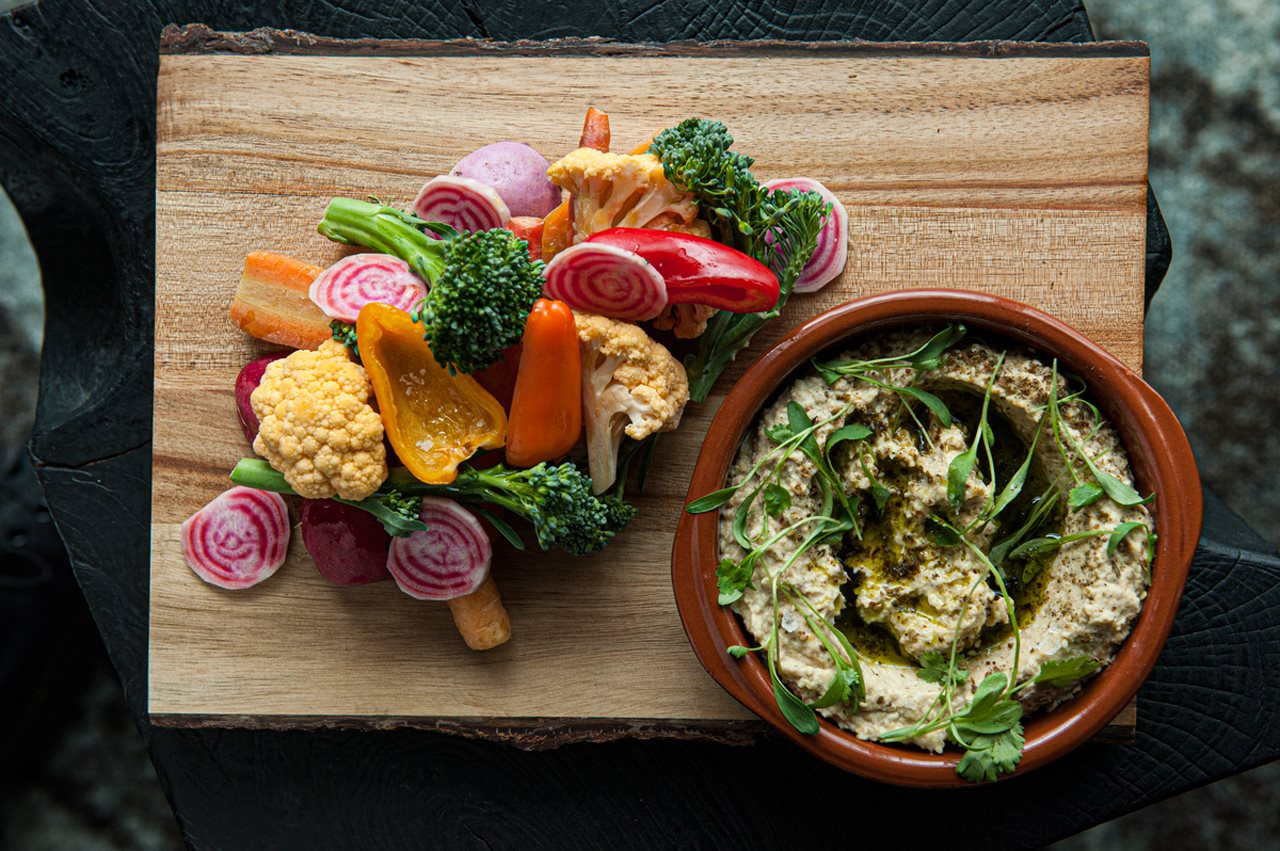
You don’t have to go all-in on greens if you’re slowly trying to get back into the swing of things or if this is your first time following a plant-based diet. Give your food a pop of color with a plant-friendly “charcuterie” plate featuring berries, oranges, peppers, broccoli, and hummus. It works as an office snack or an appetizer for a socially distanced BBQ. Plus, these foods help to provide necessary vitamins, including A, C, and E, all of which are key in supporting immune function.
2. Remix the classics.
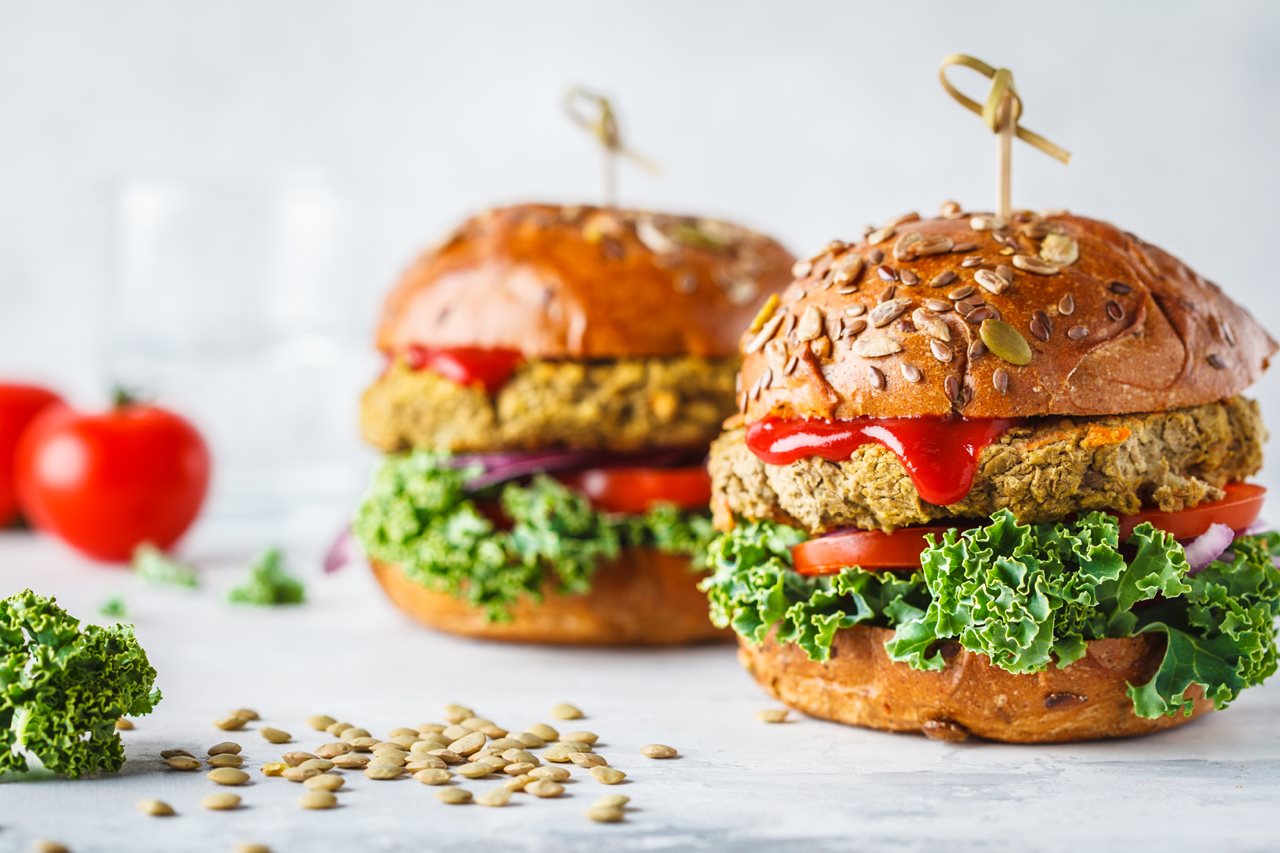
You don’t need to say goodbye to fan favorites like cheeseburgers or bacon. Get your cheeseburger fix by sprinkling nutritional yeast on a plant-based black bean or burger patty, or if you’re craving morning bacon season up some carrot strips with smoked paprika and garlic powder for carrot bacon. These are practical meal solution ideas to address cravings while adding variety to your weekly meals.
3. Prioritize protein.
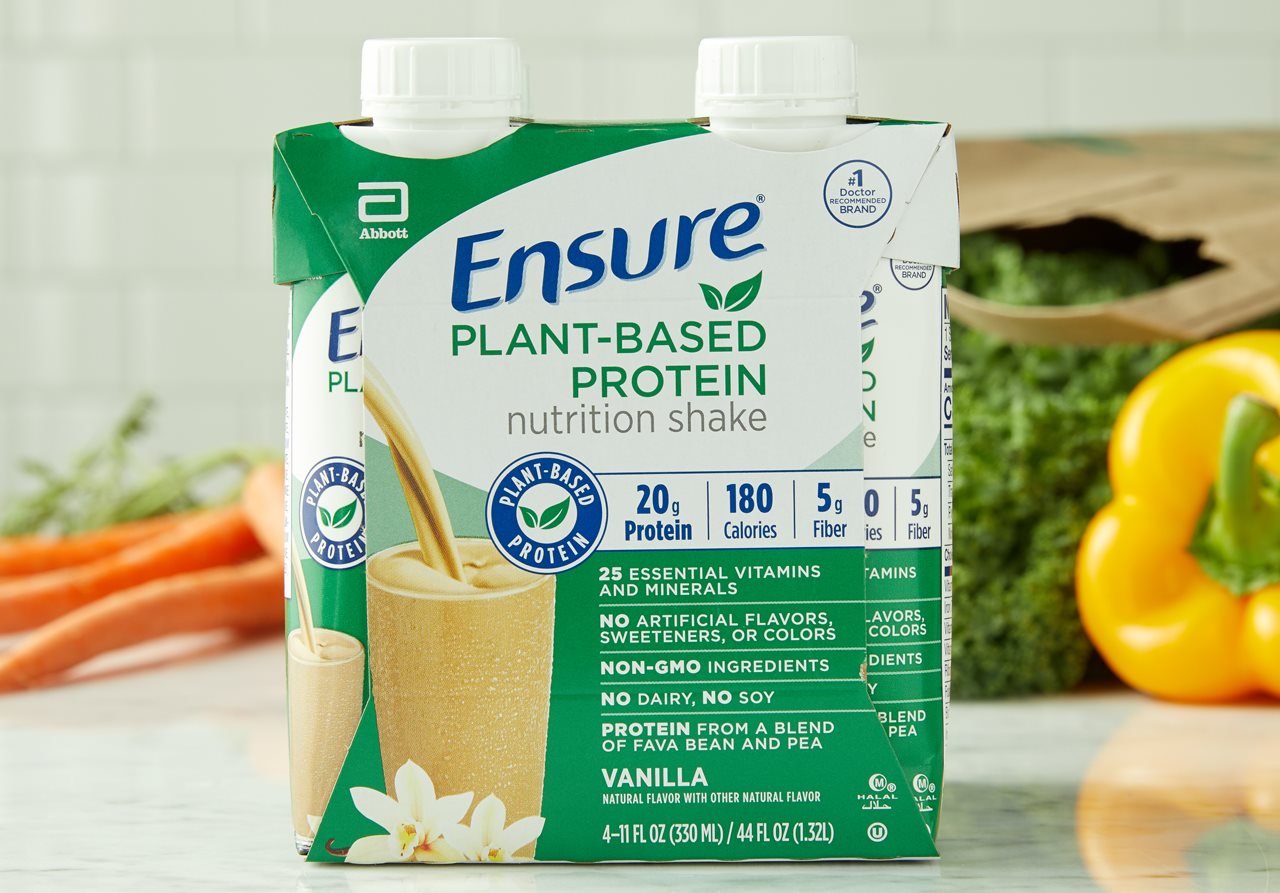
There’s a common misconception that people can’t get enough protein on a plant-based diet. However, there are many plant-based protein sources, such as nuts, seeds, grains, and legumes. To help meet your protein mark, grab a convenient plant-based protein shake like Ensure® Plant-Based Protein. Enjoy it as a breakfast or snack. With 20 grams of plant-based protein from fava bean and pea to help curb hunger, as well as 25 essential vitamins and minerals that include antioxidants, vitamins A and D, and zinc to support immune health, this is a great-tasting option.
4. Snack smarter.
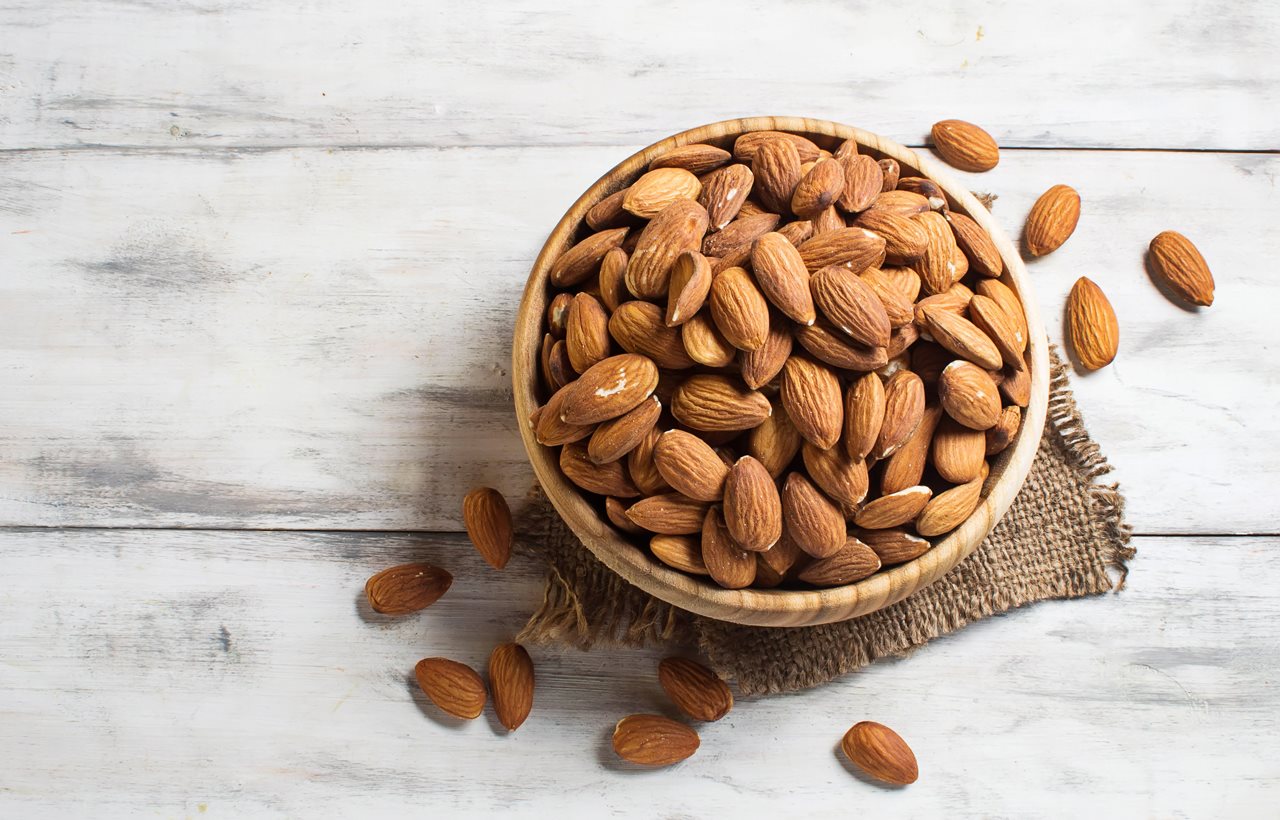
Many of us rely on pantry comfort foods to satisfy our hunger and indulge in cravings. You can still eat delicious snacks on a plant-based diet, and it’s actually a great way to stay energized as we jump back into old routines. Reach for protein-rich, plant-based bites like roasted almonds or chickpeas — spice things up (literally) by tossing them with some BBQ or wasabi flavored seasoning or make it a sweet treat with cinnamon sugar instead. Both are quick and nutrient-packed options to keep you healthy and fueled throughout the day.
5. Flex your own way.
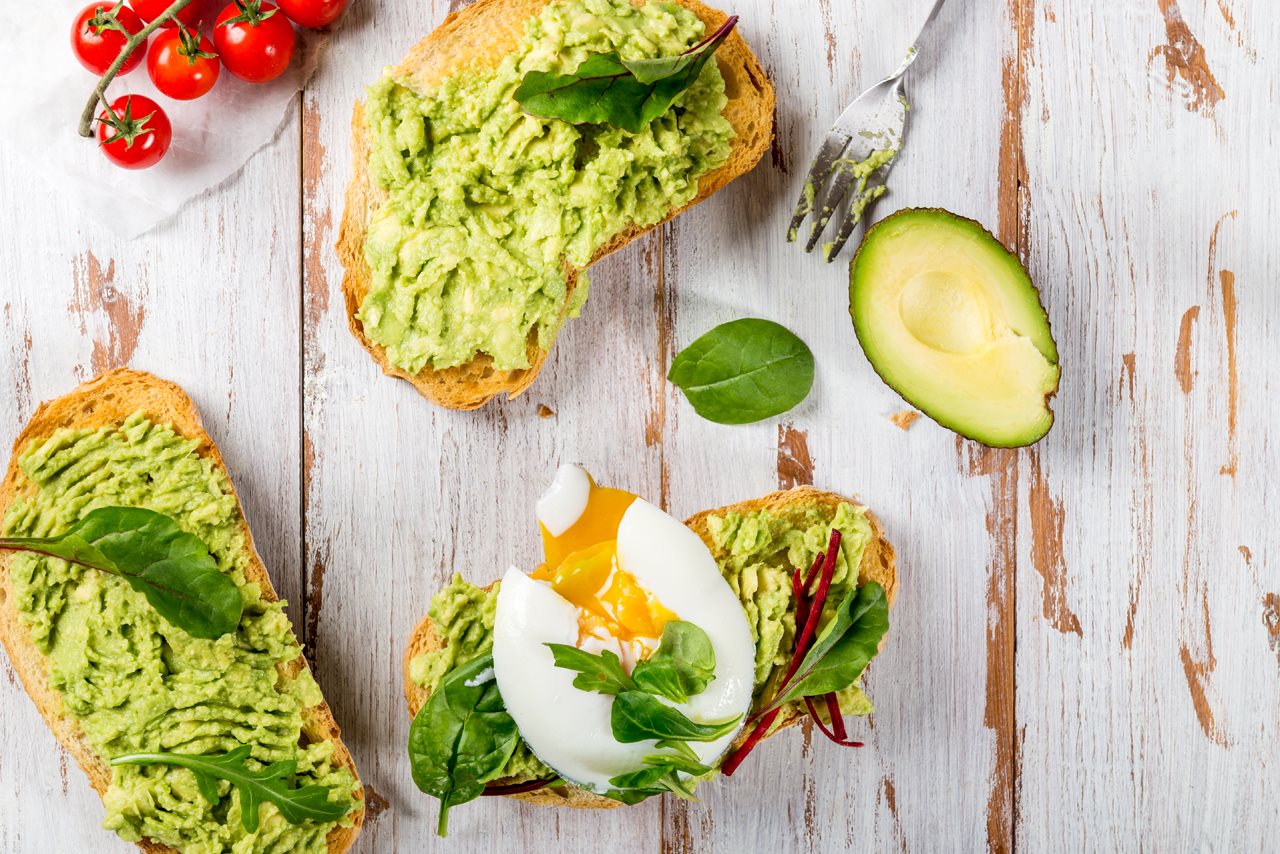
Remember, there’s no one-size-fits-all approach to a plant-based lifestyle. While all variations prioritize foods derived from plants, feel free to flex if you feel the need to replace meat with dairy, eggs, and fish. For simple swaps in your weekly meal plan, top avocado toast with a poached egg for some breakfast fuel, toss together a green salad with shrimp and beans for a midweek lunch, then round out the week with grilled salmon and sweet potatoes for dinner.
To learn more about plant-based eating and other nutrition trends, visit Abbott Nutrition News.
